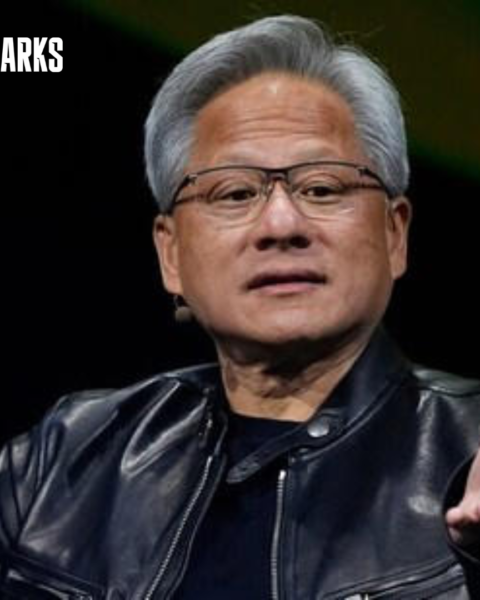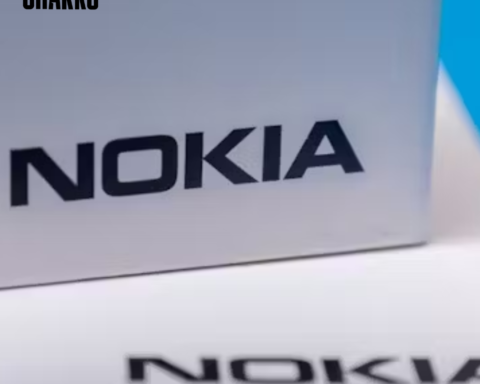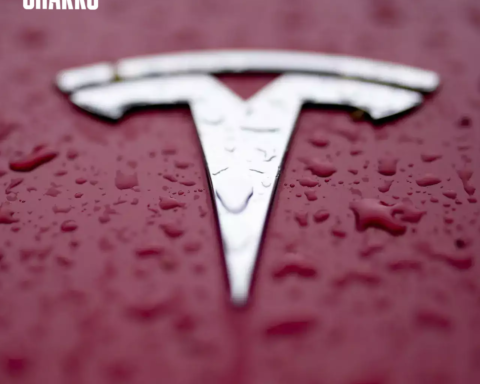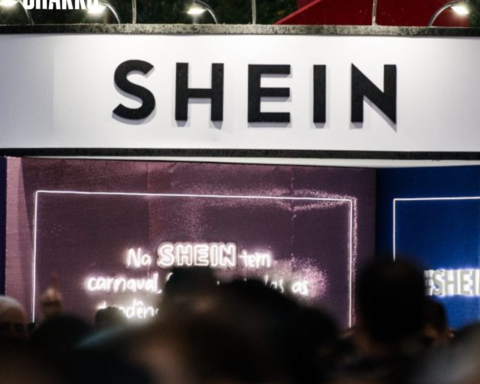Rivian Production Forecast Disappoints Investors Amid Wider Loss

Rivian, the electric pickup manufacturer, maintained its 2024 production forecast below Wall Street expectations and reported a larger-than-anticipated first-quarter loss.
Despite efforts to enhance manufacturing efficiency, the muted forecast led to a decline in Rivian shares during after-hours trading.
Market Response and Analyst Concerns:
Rivian shares dropped by 6% following the announcement, raising questions among analysts about the demand for its high-priced R1S SUVs and R1T pickups.
The impact of inflation on consumer sentiment towards electric vehicles and the growing popularity of hybrids has added to investor skepticism.
Manufacturing Resumption and Cost Reduction:
After a temporary shutdown at the beginning of the second quarter, Rivian resumed production late last month, focusing on optimizing its assembly line to drive long-term cost reductions.
Despite facing challenges, CEO RJ Scaringe remains optimistic about the company’s guidance but refrained from updating it.
Production Forecast and Analyst Assessments:
Rivian plans to manufacture 57,000 vehicles this year, falling short of the 62,277 cars analysts anticipate. The company’s cautious approach reflects future sales uncertainties, potential production limitations, and supplier changes.
In response to the EV market slowdown, Rivian has refrained from significant price reductions but introduced lower-priced variants with shorter ranges.
Additionally, unveiling the R2 SUV aimed at the mass market signals a strategic shift towards affordability and broader consumer appeal.
Financial Adjustments and Capital Expenditure:
Rivian reduced its annual capital expenditure forecast by $550 million to $1.2 billion, aligning with efforts to streamline costs through supplier contract renegotiations and in-house production of critical components. This move aims to enhance financial resilience and operational efficiency.
While revenue for the first quarter exceeded analysts’ estimates, Rivian’s net loss widened, primarily attributed to factory retooling expenses.
The company’s cash reserves decreased from the previous quarter, reflecting ongoing investments and operational adjustments.
Share This
Tony Boyce is a seasoned journalist and editor at Sharks Magazine, where his expertise in business and startups journalism shines through his compelling storytelling and in-depth analysis. With 12 years of experience navigating the intricate world of entrepreneurship and business news, Tony has become a trusted voice for readers seeking insights into the latest trends, strategies, and success stories.




















